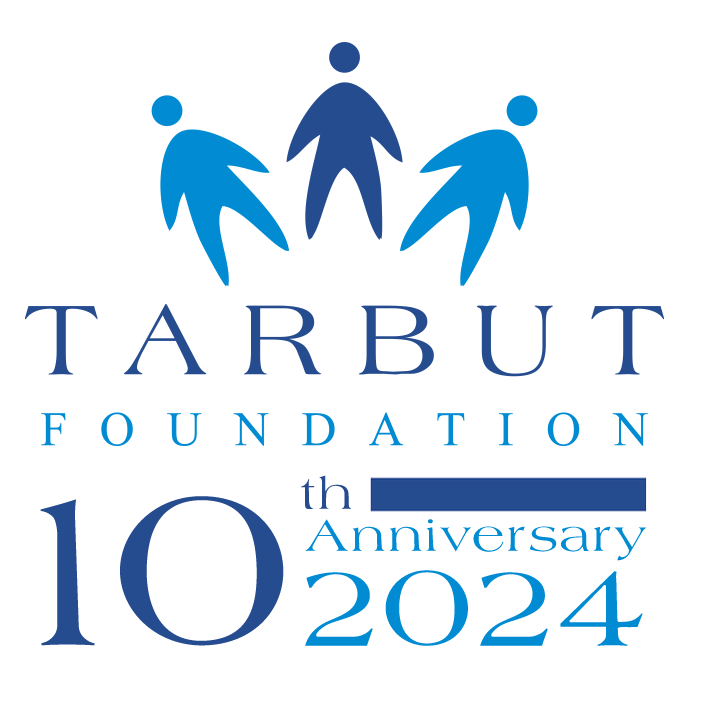essay
Elie Wiesel: A Tribute to the Holocaust Survivor and Writer from Sighet
Eliezer "Elie" Wiesel (1928-2016) was a Romanian-born Noble Peace Prize laureate (1986), Jewish writer and Holocaust survivor best known for his memoir "Night".
Born in the town of Sighet in 1928, Wiesel grew up in a close-knit Jewish community where he received a traditional religious education. Sighet, located in the Carpathian Mountains of Romania, was known for its peaceful coexistence between Jews, Romanians, and Ukrainians.
However, this peaceful coexistence was shattered in 1944 when the Nazis invaded and occupied the town. Wiesel and his family, along with the rest of the Jewish population, were rounded up in the Sighet ghetto and later deported to the Auschwitz concentration camp between May 16-22, 1944. This traumatic experience marked the beginning of Elie Wiesel's journey through multiple concentration camps where he witnessed the horrors of the Holocaust, including Buchenwald, from where he was liberated on April 11, 1945.
After the war, Wiesel moved to France where he studied at the Sorbonne and became a journalist. Despite the trauma he experienced during the Holocaust, Elie Wiesel chose to use his writing as a means of bearing witness to the atrocities he witnessed and as a way to ensure that such a tragedy would never happen again.
Elie Wiesel's memoir "Night" is a poignant account of his experiences in the concentration camps and the impact it had on him both physically and emotionally. The book, first published in 1958 by Les Éditions de Minuit, has since become a classic of Holocaust literature and has been translated into over 30 languages.
“Sziget”, wrote Elie Wiesel in a message to the editors of the Sziget Book, “a flourishing and vibrant Jewish community filled with song and dream, destined to be carried away by a tempest of fire to an abyss of death under a dark and silent sky; (…) I remember the park, the Corso, the noisy Jewish Street and the small Gypsy Alley, the crowded courtyards, the modern houses of the wealthy and the miserable huts of the poor. All had their own shapes, their own destinies, their own stories, some sombre and impenetrable, other luminous and strangely joyous. Rabbis and merchants, tailors and cobblers, beggars and princes in disguise: all are still hunting my memory.” (1)
In Summary, Elie Wiesel was a writer, Holocaust survivor, and human rights advocate who dedicated his life to bearing witness to the horrors he experienced during the Holocaust. Born and raised in the town of Sighet, his hometown holds a special place in his heart and is a prominent setting in his acclaimed memoir "Night". Through his writing, Wiesel has ensured that the memory of the victims and the atrocities they experienced will never be forgotten.
(1) WIESEL, Elie. 2003. In: Alfassi, Netzer & Szalai (Eds.). The Heart Remembers: Jewish Sziget. Tel Aviv: Serfari.
You can visit the Elie Wiesel Memorial House in Sighet. It curates a large, see-worthy exhibition about Jewish culture and Jewish life in Sighet. Find out more here.
Elie Wiesel, 1966. Bernard Gotfryd Photograph Collection. In 1986, the Nobel Committee wrote, “Wiesel is a messenger to mankind; his message is one of peace, atonement and human dignity.”

